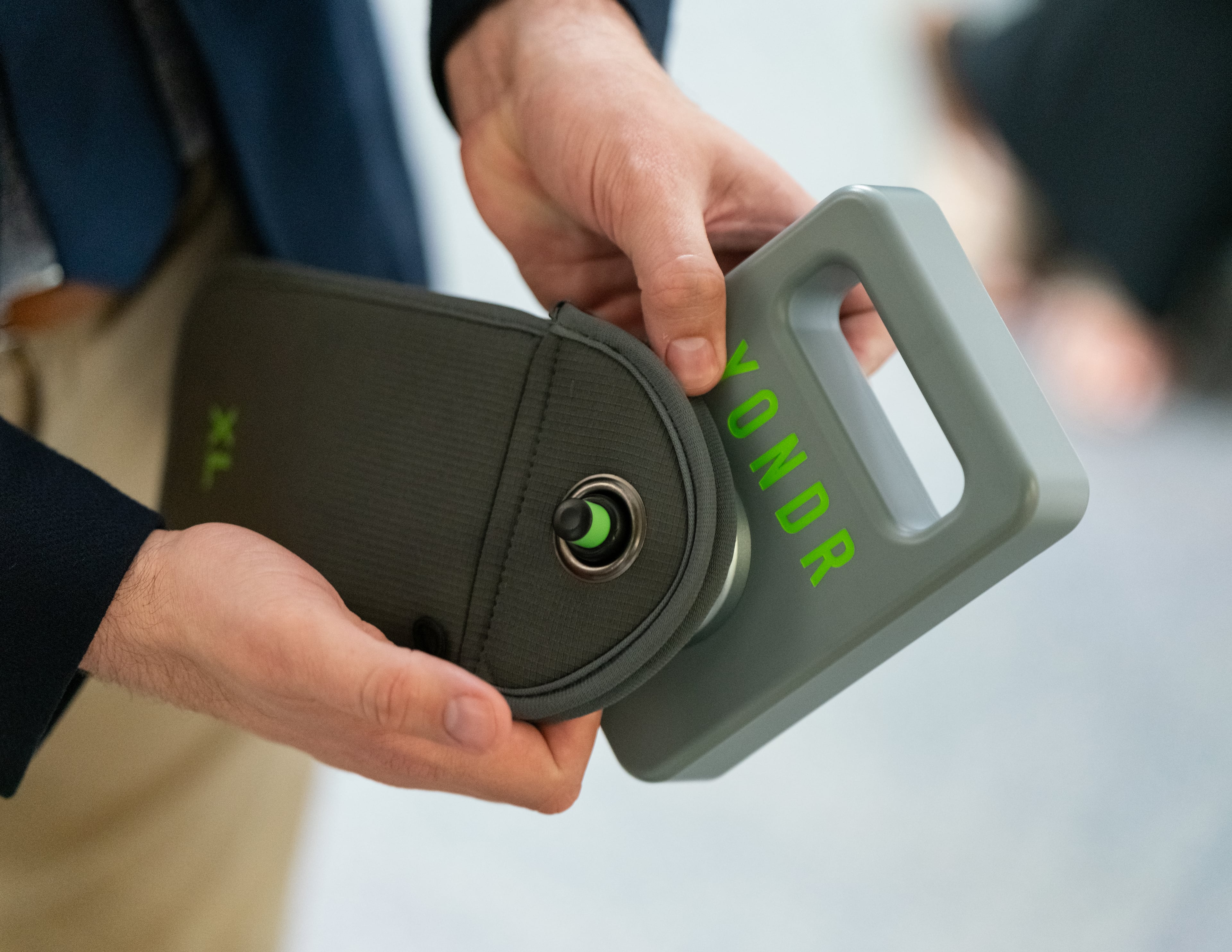Marietta school board votes to ban cellphones in middle school classrooms

Marietta is joining the growing list of school districts in Georgia and across the nation that are looking for ways to limit student cellphone use and access to social media.
The school board voted unanimously Tuesday evening to pass a new policy banning cellphones and smartwatches for middle school students.
District leaders say cellphones, social media and other technology are stealing the attention of students during class and instruction time. They added the technology has also been a forefront cause of bullying and added stress and anxiety.
The new policy, which will begin on Aug. 1, will require students to lock their phones and smartwatches in a magnetic pouch during the school day. The pouch can only be opened using a magnet that teachers will have access to. District officials also noted that the policy could be extended to high schools because of similar problems, but this school year, the focus is on middle grades. Marietta has two middle schools that had a total of 2,000 students last school year.
“If that phone’s in their (students’) pocket while they’re trying to concentrate on what a teacher has to say, they’re more worried about notifications,” Marietta school board Chair Jeff DeJarnett said after the vote. “It’s for the students’ sake.”
Students will place their phones in the pouch in their first period class but will be able to access the phones during an emergency or at the end of the school day, DeJarnett said. Students who violate the policy after the first offense will have their phones taken away from them, a school district spokesman said.

According to a 2023 “Constant Companion” study from Common Sense Media and the University of Michigan, students receive at least 237 notifications per day, a statistic that DeJarnett pointed out.
Several schools and districts across the nation have enacted measures in recent months to curb student cellphone use. On Tuesday, the Los Angeles Unified School District board voted to ban cellphone and social media use for its approximately 429,000 K-12 students during school days. L.A. is the nation’s second-largest school district. The Liberty County School System, near Savannah, is banning cellphones for most middle and high school students in the classroom this fall. Liberty is also using the magnetic pouches that Marietta plans to use.
Currently, Marietta teachers have varying cellphone policies, leaving the rules inconsistent. With the new policy, everyone will follow the same rule.
Parents who attended the meeting shared that they were excited about the new policy.
Kayla Sargent, a parent and executive director of a parent group, Marietta in the Middle, spoke to board members and said that initial reaction was “overwhelmingly positive,” according to a parent survey they conducted.
But, there was still hesitation, she said.
“There seems to be significant anxiety about the implementation of the policy,” Sargent said. “There are concerns about the policy being implemented equitably, consistently and without drama.”
No one spoke against the policy during the meeting.
The board admitted that there will be a learning curve in how the implementation will work, but Superintendent Grant Rivera said expectations will be direct.
“We’re going to be explicitly clear about there is no discretion during the school day about taking those phones out of pouches for any reason,” Rivera said.
Teachers also have to be consistent, he said.
“Do we understand that it’s only as good as the consistency of adults? Absolutely,” Rivera said.
“We have to be fair and firm but consistent with kids around what this means, and we have to make sure that everything else in the district, everything else in the school, is aligned.”
Correction: An earlier version of this article had incorrect information about the penalties for violating the policy. Students who violate the policy will have their phones taken away from them after the first offense.
More Stories
Keep Reading



